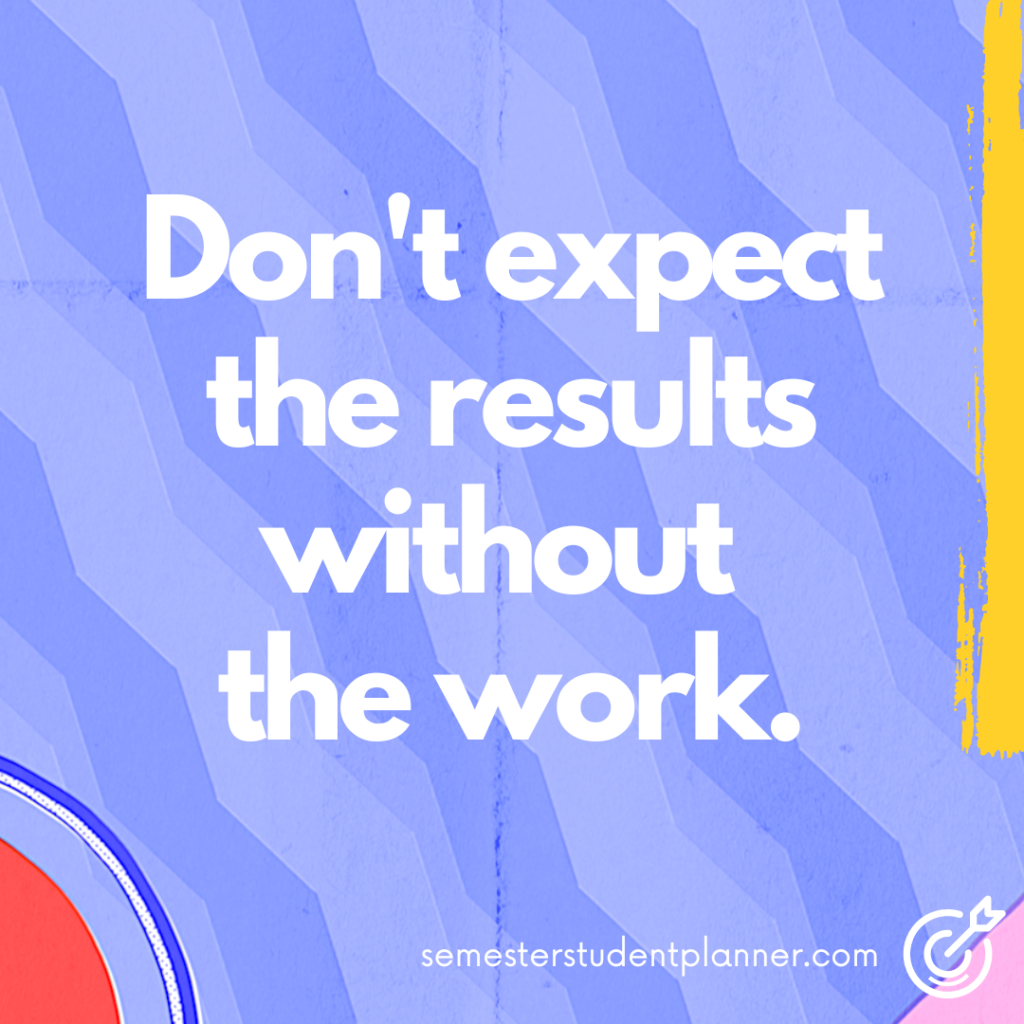

Attending classes and submitting assignments is not always enough to achieve good grades. To truly excel in your studies, you need to do more than that. One of the essential steps to perform well in your study sessions is to avoid common study mistakes. Here are some mistakes to watch out for:
Not Planning Your Schedule
One of the most common mistakes that students make is not planning their schedule correctly. Procrastination can be harmful to your academic success. It is important to make a study schedule and stick to it. This means blocking out enough time for studying, assignments, and revision. You can create a schedule using a planner or online tools like digital templates. When planning your schedule, consider your other commitments such as extracurricular activities, work, and family obligations.
Not Taking Breaks or Getting Enough Sleep
Did you know that studying for hours without breaks or enough sleep can end up being a total waste of time? Your brain needs rest to work at its best. Experts recommend taking a break for every 45-50 minutes of studying. During your break, stretch, take a walk, or do something you enjoy. Additionally, it is recommended that students get 7-9 hours of sleep per night. Lack of sleep can lead to fatigue, decreased concentration, and memory retention.
Eating Healthy and Drinking Water
The food we eat and the drinks we consume can affect our academic performance. Eating a balanced diet rich in fruits, vegetables, and proteins can help improve concentration and memory retention. Avoid consuming sugary foods and drinks, as they can cause a sugar crash and reduce your productivity. Drinking enough water is also essential for your brain function. Dehydration can lead to headaches, fatigue, and decreased cognitive performance. Aim to drink at least eight glasses of water a day to stay hydrated!
One Task At A Time
It is best to focus on one task at a time and avoid distractions such as social media or phone notifications. You can also use time management tools like the Pomodoro technique, which involves working for 25 minutes and taking a break for five minutes.
Not Seeking Help
Asking for help is a sign of strength, not weakness. If you are struggling with a subject, do not hesitate to seek help from your teacher or tutor. You can also join study groups or seek help from classmates.

So, next time you study remember to:
- Plan your schedule
- Take breaks
- Get enough sleep
- Eat healthy
- Drink water
- Focus on one task at a time
- Seek help (if necessary)
With dedication and effort, you will be able to achieve your academic goals and earn the best grades possible!
For more useful tips read our other blog posts here and follow us on social media.
Share this post
Related Post


Harnessing the Power of Planning: A Strategic Tool for Overcoming ADHD Challenges in Study
In recent years, Attention Deficit Hyperactivity Disorder (ADHD) diagnoses have seen a significant uptick across the globe, with the UK

Navigating the Winter Academic Chill: Strategies for Student Success
As winter blankets the world in a chilly embrace, students find themselves facing a unique set of challenges. The final

Time Management Tips for Students: A Successful Year Ahead
Introduction: Time management is a critical skill for students to master. Effective time management can make the difference between a



